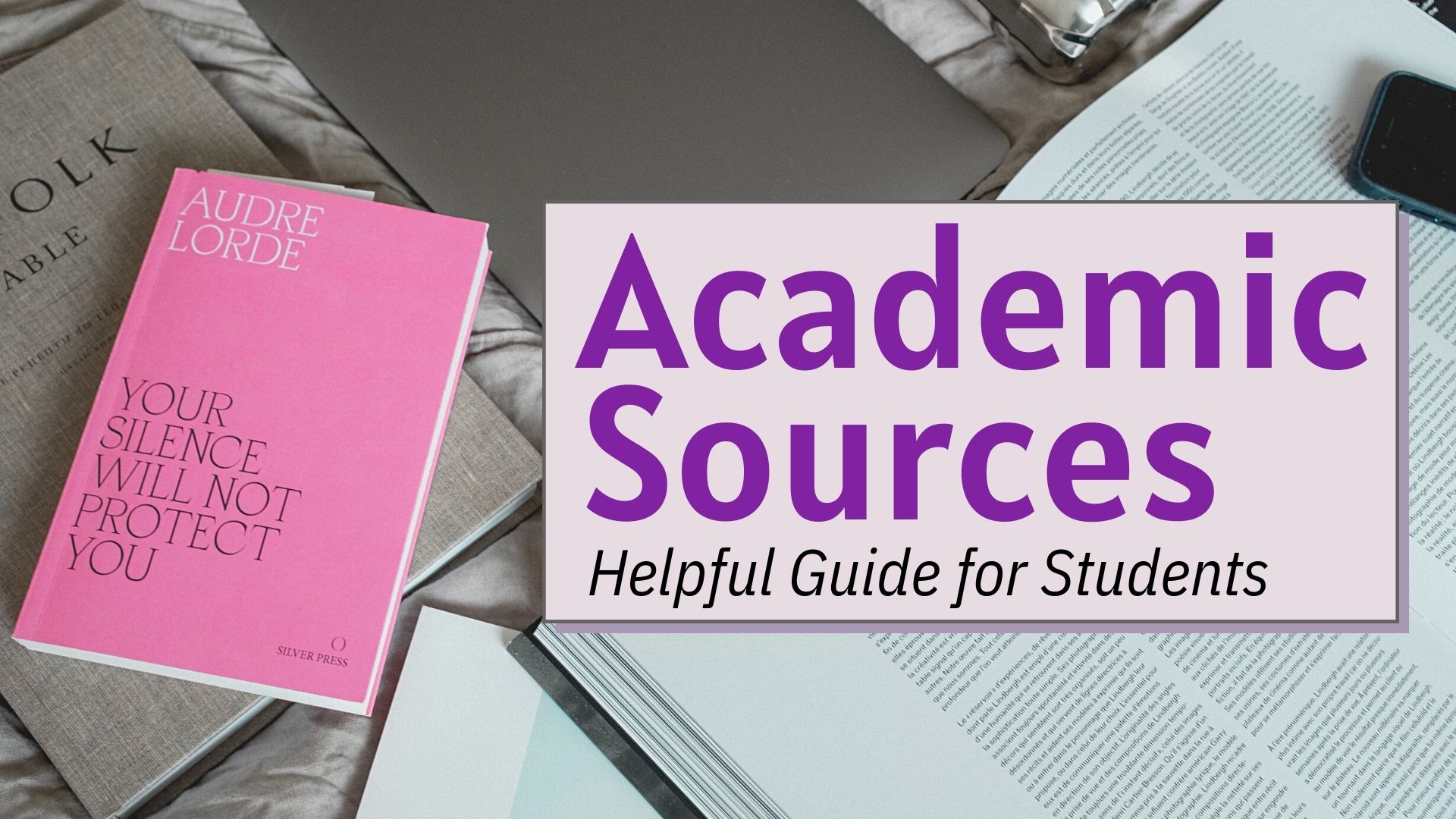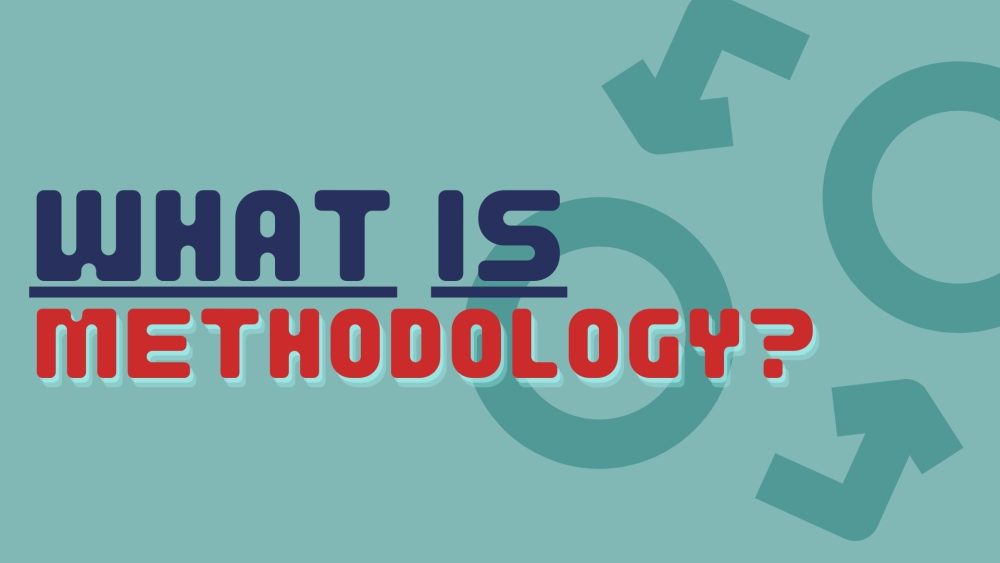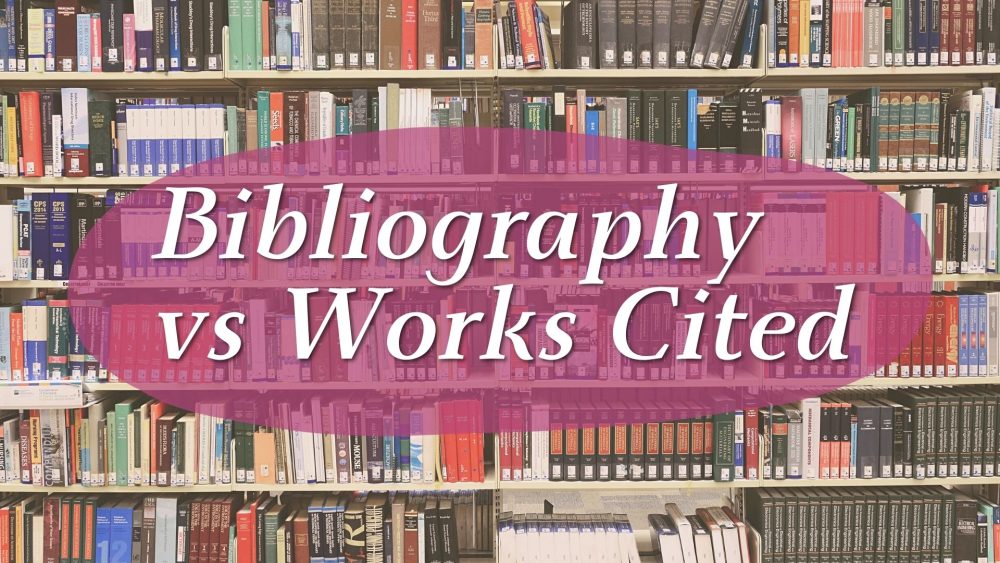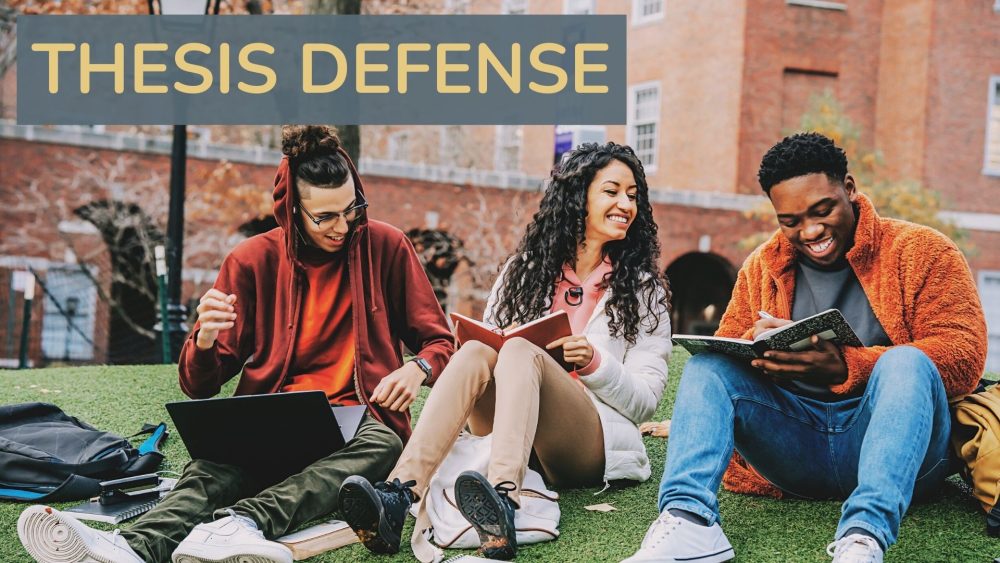If you are working on a complex essay, term paper or thesis, you probably want to know everything about the various types of sources. Aside the primary and secondary source (about which you may already know), there is also a tertiary source. But what is a tertiary source? How do you recognize one and why is it important to make a difference between the three types of sources?
In this blog post, we will tell you everything you need to know about the tertiary source. You will get examples and even a great suggestion regarding academic writing assistance. Read on!
What Is a Tertiary Source?
Because we will be primarily focusing on tertiary sources in this blog, we will start with the tertiary source definition.
This source is one that organize, index, compile or digest primary or secondary sources. Something to keep in mind is that tertiary sources don’t usually give credits to an author.
On the other hand, a primary secondary tertiary source is one that offers a firsthand account of a particular event (primary) or an analysis/explanation of the event recorded in a primary source (secondary).
Source Types: Primary Secondary Tertiary Sources
It is important to make the difference between primary secondary and tertiary sources. Why? Because you should be primarily using primary and secondary sources in your papers. By not being able to make the difference between the various types of academic sources, you may accidentally use too many tertiary sources. This may get your paper penalized, unfortunately. Here is the primary source vs secondary source vs tertiary source information you need to pick the right sources:
- A primary source is usually created during the time the events actually occurred. In other hands, it is a firsthand account of what happened. A diary, an interview, a poem, a relic or an artifact is a primary source of information.
- A secondary source is usually written after the events took place. In most cases, they are analyzing or interpreting the primary source or sources. For example, a magazine or a biography is a secondary source.
- A tertiary source is a summary of primary and/or secondary sources. It can also be an abstract. For instance, a dictionary can be the best tertiary source example.
A Few Tertiary Source Examples
Now that you know some more information about primary secondary tertiary sources, it’s time to focus solely on the tertiary sources of information. Here are some of the best tertiary source examples:
- An almanac
- An encyclopedia (including online encyclopedias)
- A handbook
- A fact book
- A textbook (if it is not a secondary source)
- A guidebook
- Any kind of indexing source
- Any kind of abstracting source
Where to Get Tertiary Sources From?
Do you understand what is a tertiary source in research? Our examples should be enough for you to make the distinction between primary, secondary and tertiary sources. However, even though we did define tertiary source, we didn’t tell you where you can get them from. Of course, you can find plenty of them online. Many can be found offline as well, including dictionaries and textbooks. Your local library should be an excellent source of tertiary sources.
Some examples of reliable tertiary sources you can find online include:
- The Statistical Abstract of California
- The New Dictionary of the History of Ideas
- The ABI/Inform database
- The World atlas
- Columbia International Affairs Online database
- The American National Biography
- The Oxford Islamic Studies Center
- The Oxford Encyclopedia of American Military and Diplomatic History
- The Directory of prison facilities
Even though tertiary sources are not difficult to find, it is still very important to make sure you are using a reliable one. For example, some articles on Wikipedia (which can be considered a tertiary source) are not accurate. After all, anyone in the world can edit a Wikipedia article and add false or misleading information.
The best way to get excellent tertiary sources is to work closely with an academic writing expert. You can ask your professor for some help, but you shouldn’t hold your breath. The alternative is to get in touch with a writing company like ours. We can put you in touch with an expert in your field. Not only can he or she help you find the tertiary sources you need, you can also get assistance with citing and referencing. Remember, our experts have access to premium online databases of primary, secondary and tertiary sources. Why pay for a subscription when you can simply work with our expert to pick the best sources for your academic paper?
FAQ
We are almost certain you have a few questions about academic tertiary sources. In this Frequently Asked Questions section, we will answer the most common questions we receive from students:
Q: Can you use tertiary source for research paper?
A: Yes, you are allowed to use tertiary source for research essays. These are, after all, reliable sources of information. However, it is considered good practice to support important ideas with something more than just a tertiary source.
Q: How to use а tertiary source for academic research?
A: You will use them exactly like you would use a primary or secondary source. You include the information in your paper, cite the source and reference it in the References section.
Q: Is Wikipedia a tertiary source?
A: Yes, Wikipedia is considered to be a tertiary source. Fun fact: there is even a page on Wikipedia that states that Wikipedia is a tertiary source and shows you how to cite it in all academic writing styles.
Q: Can I use only tertiary sources?
A: No, you are strongly advised to now base your research solely on tertiary sources. Without peer-reviewed sources, your writing will lack credibility.
Q: Can I use tertiary sources in law papers?
A: Generally, law students are unable to use tertiary sources in their papers. Most universities accept only primary and secondary sources. The reason for this is that tertiary sources in law are simply not credible enough to base your writing upon.
Now that you know what is tertiary source and what is not, it’s time to talk about your academic paper. We know that most students are struggling with their academic writing assignments. Our company is here to help though. Our ENL writers (all of whom are native English speakers) have years of experience writing all sorts of academic papers in any format you can imagine. In addition, we can write an essay on any subject or topic because we have degree-holding experts on staff.
In case you don’t need us to write a sample paper for you, we can help you with custom thesis writing. Also, we can proofread your work and polish it for you. You can rely on us for professional editing services as well. Our experts can even help you find the best topics for your next essay and/or create an outline for you. If you need any kind of academic writing or editing help, don’t hesitate to get in touch with our team. We are online 24 hours a day, 7 days a week.










